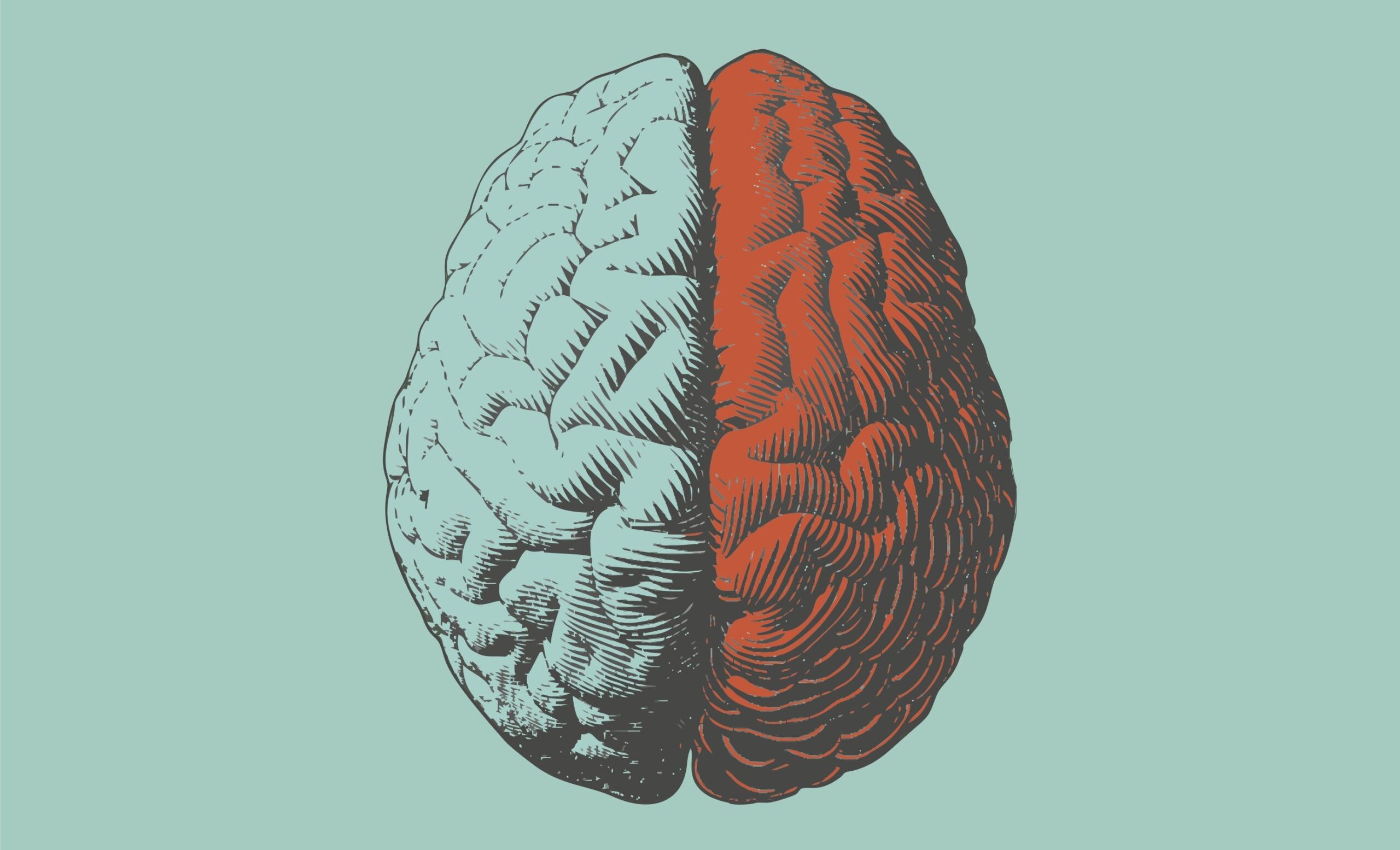Endocrinologist Dr. Domenica Rubino has an important message for anyone who knows someone struggling with weight – “Leave them alone! Don’t put them on a scale, don’t obsessively tell them what to do… because it doesn’t help, and actually it hurts. It makes them feel shame and that has been shown to trigger certain stress hormones that are actually going to just aggravate their weight situation.”
In fact she says, the idea that people who are struggling with weight just need to have more willpower is actually, “kind of silly.” Why? Because many studies have demonstrated that there is a very, very strong biological component to weight management. When we lose weight, our brain panics, says Dr. Rubino. “It says ‘May Day!’ because it thinks that we’re starving and it works really hard to drive our weight back up.” It does that by increasing the hormones that make us feel hungry and decreasing the hormones that make us feel full, while at the same time, our metabolism slows down, making it harder to burn calories.
It turns out that our brain plays a central role in determining when and why we eat. It receives signals from hormones throughout the body (in the muscles, the stomach and the intestines, for example) and together, the brain and these hormones drive our appetite because of things like hunger, cravings, habit, etc. When we lose weight, it’s the changes in these appetite hormones that often drives weight re-gain.
Dr. Rubino makes the very good point that, “70% of our country is overweight – so it’s like 70% of people have no willpower? That makes no sense. So you can try with willpower, but people have been trying with willpower forever. And actually, no matter what your good intentions are, you really can’t control physiology. If someone tells you it’s just about diet and exercise and you just need to push yourself from the table, then they don’t know what they’re talking about.”
To manage the physiology that makes the brain push us towards regaining the weight, Dr. Rubino suggests going to talk with a physician who specializes in weight management. The good news is that there are medical treatments, like medications and bariatric surgery, that can counterbalance this biological response that drives weight regain.
Dr. Rubino puts it this way, “What’s actually quite helpful is getting some additional support and even thinking about medicine… because with medicine, you’ve actually targeted the physiology that’s been fighting you this whole time. Medication can help things get going, and can help people do all the behavioral things they’ve been trying to do.”
The key takeaway: Dr. Rubino encourages anyone who feels like they could use a tailwind on their weight loss journey to get the conversation started. “Ask your doctor. And if your doctor feels like they can’t really do it, maybe they have some resources for you. Go ahead and be an advocate for yourself and realize there’s help out there.”
Diet and exercise alone aren’t enough to help many people reach a healthier weight. Medical treatments are needed to address the biological changes happening in our bodies that can drive weight regain. To find a physician near you who specializes in weight management, click here.
Get a weekly text to help you stay on track with your health goals! Click here to sign up.
This article was sponsored by Novo Nordisk Canada. All content is created independently by My Weight – What To Know with no influence from Novo Nordisk.

